
A dive into Dubai's healthcare system: balancing modernity and medical precision
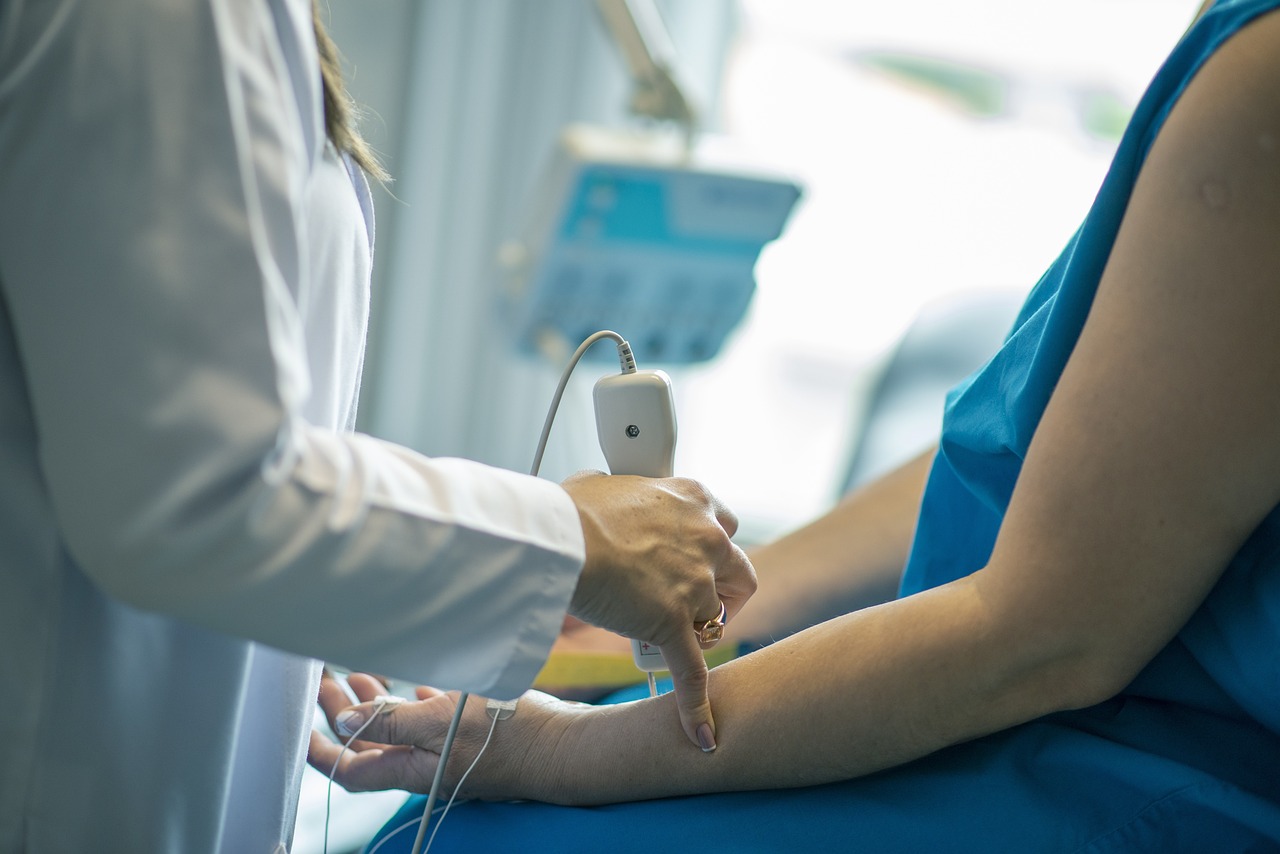
When you suddenly fall ill in an unfamiliar city, the first question that comes to mind is often: "Where can I find medical care quickly?" In Dubai, I was relieved to discover that medical clinics surrounded me. As a frequent traveller, I always carry a small personal pharmacy to anticipate unforeseen situations. Yet, this time, I found myself needing to see a doctor.
The nearest clinic was located within the renowned Life Pharmacy, a model reminiscent of systems in the United States and Canada, where major pharmacy chains often host medical clinics. Convenient, efficient, and accessible—these qualities appeared to be the cornerstones of Dubai's healthcare approach. What impressed me further was Life Pharmacy's streamlined service, which included sending the bill directly to my home.
However, my consultation with the doctor revealed a notable difference in medical practice. Upon arrival, I knew exactly what I wanted: a corticoid injection. This fast and effective treatment had often enabled me to continue my travels despite bouts of illness. To my surprise, the doctor categorically refused to administer it.
Instead, he prescribed a simple paracetamol injection to reduce my fever and relieve my pain. Explaining his decision, he emphasised the importance of gradual recovery, assuring me that I would feel better within five to seven days. This cautious approach left me perplexed, as I was accustomed to the almost immediate relief corticoids provide.
Caution over quick fixes
Reflecting on the experience, it became clear that Dubai's healthcare system prioritises caution and sustainability. Unlike in other contexts, where doctors might yield to patient demands, here the practitioners seemed guided by a different philosophy: adherence to medical protocols and long-term health benefits.
As a traveller used to quick and effective solutions, I initially found this approach frustrating. Yet it also highlighted the diverse ethical, cultural, and legal frameworks that shape healthcare practices worldwide.
This experience reminded me of my time in Canada, where I explored health communication at the University of Ottawa in 2015. Like Dubai, health is a top priority there. Pharmacies are ubiquitous, and medical infrastructures, from hospitals to insurance systems, are continually improved to ensure accessibility.
A Lesson: health before speed
Dubai seems to have embraced a similar ethos, combining modern and accessible services with a thoughtful approach to care. Despite my scepticism about the prescribed treatment, I had to accept that my recovery would take the necessary time—not the accelerated timeline I had envisioned.
This encounter allowed me to test Dubai’s healthcare system and offered a fresh perspective: prioritising health over speed. For a globe-trotter like me, this was a valuable lesson.
Dubai left a strong impression with its efficient systems, attention to detail, and seamless administrative processes, like sending invoices directly to one's home.






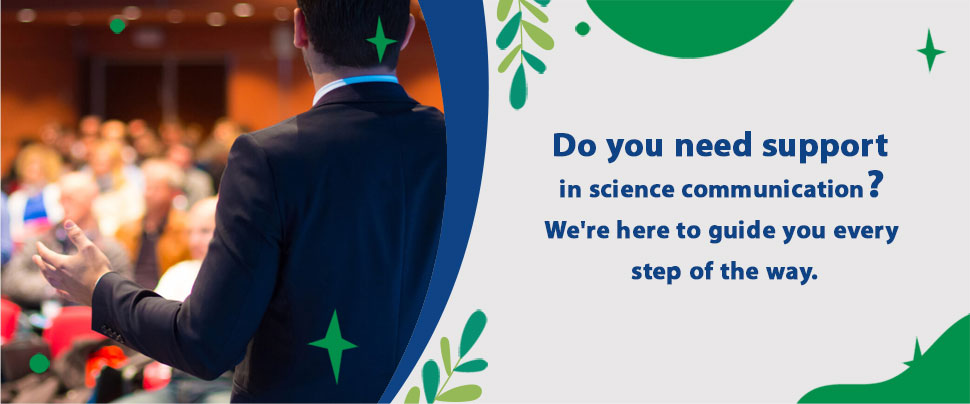

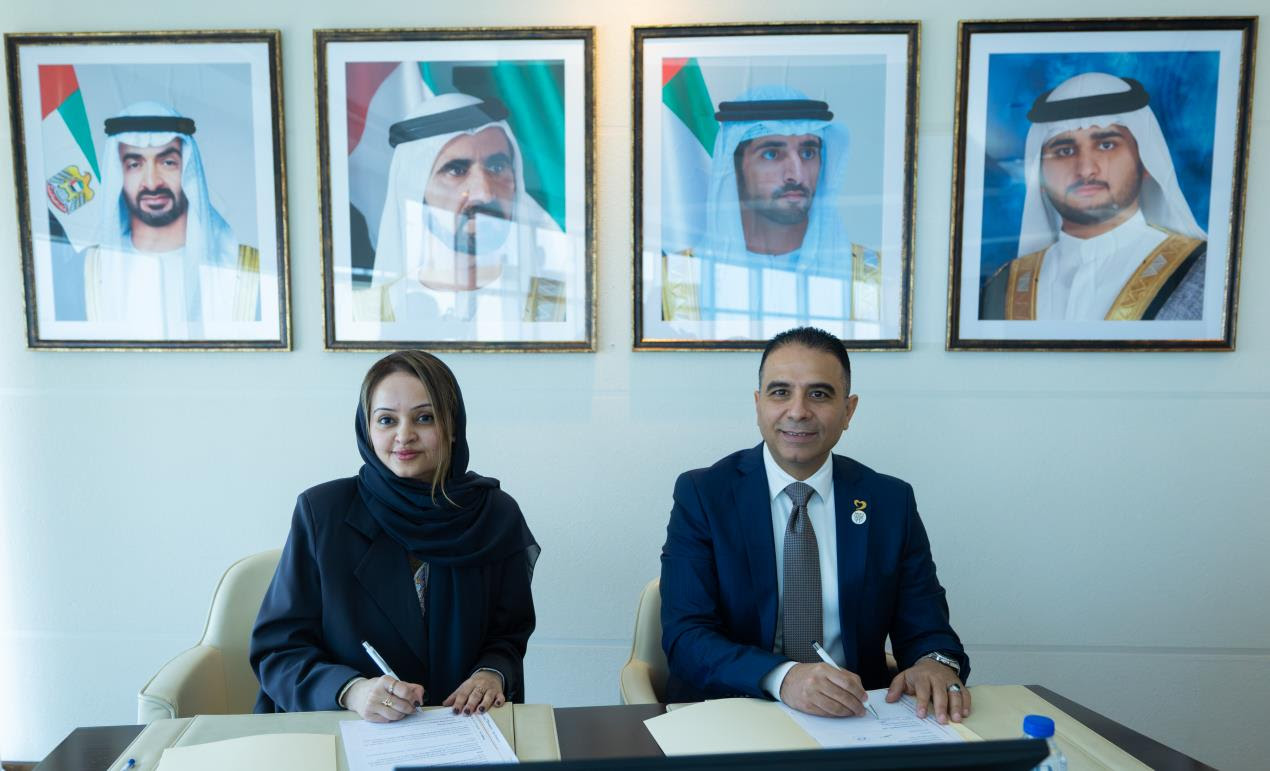

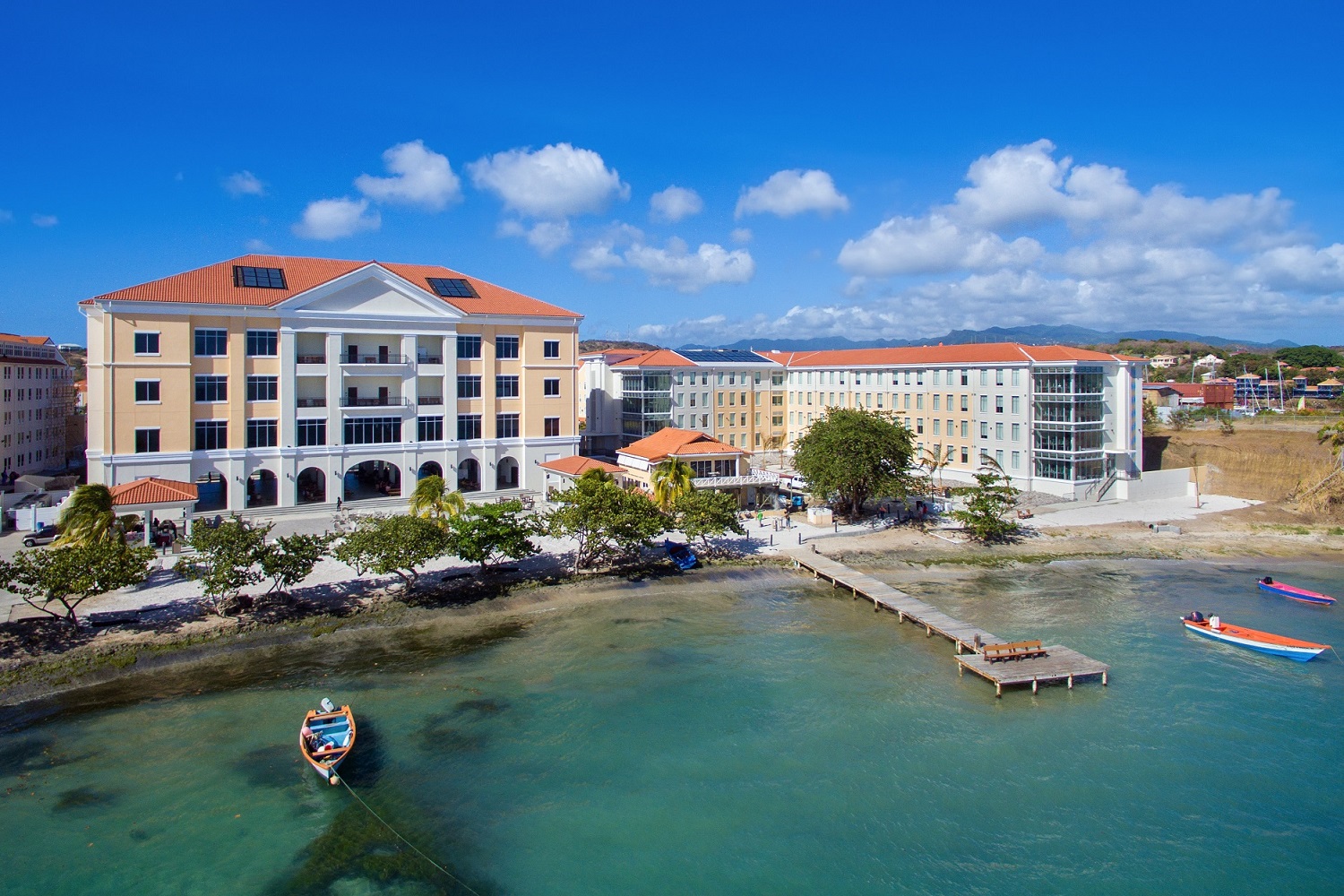
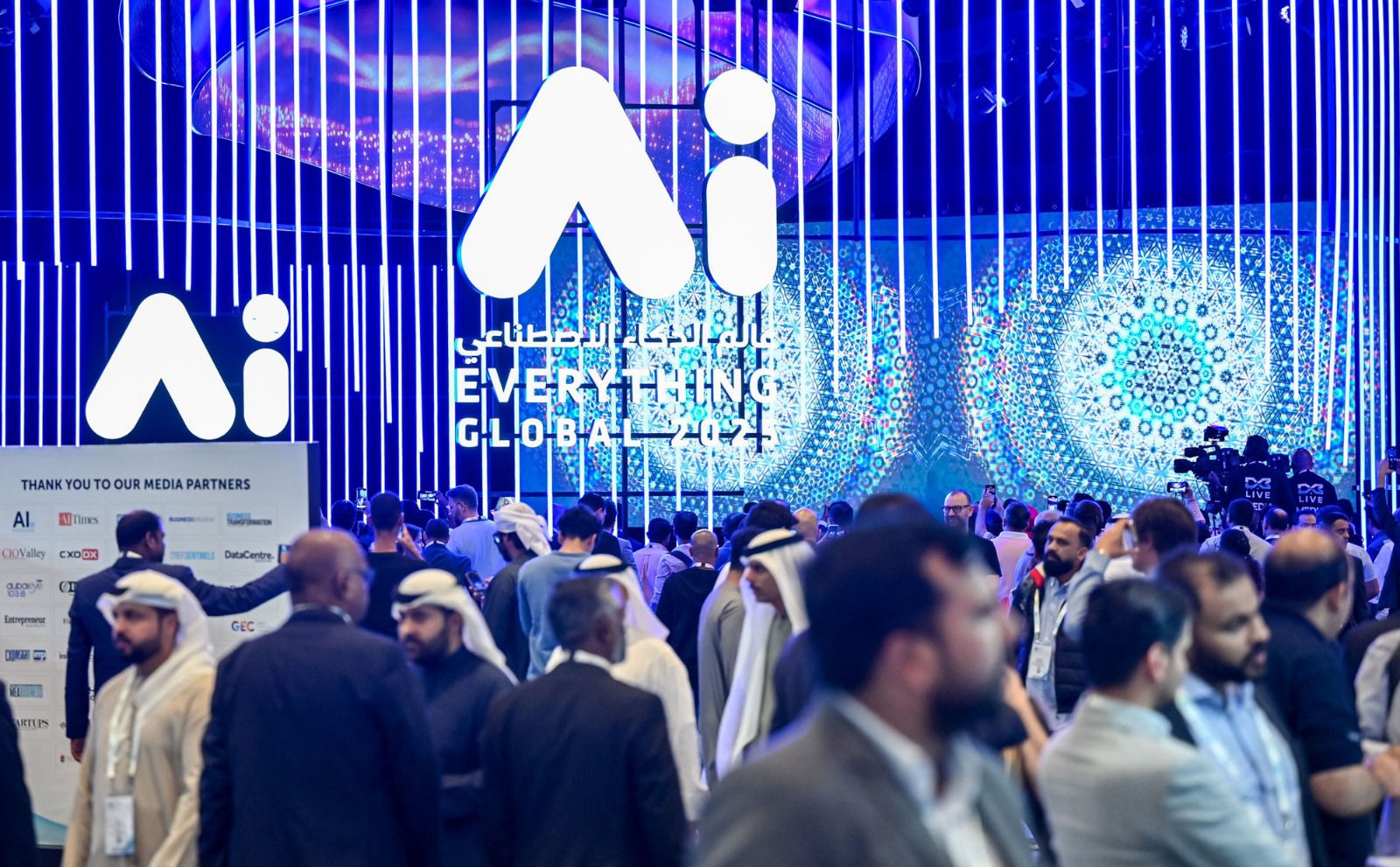
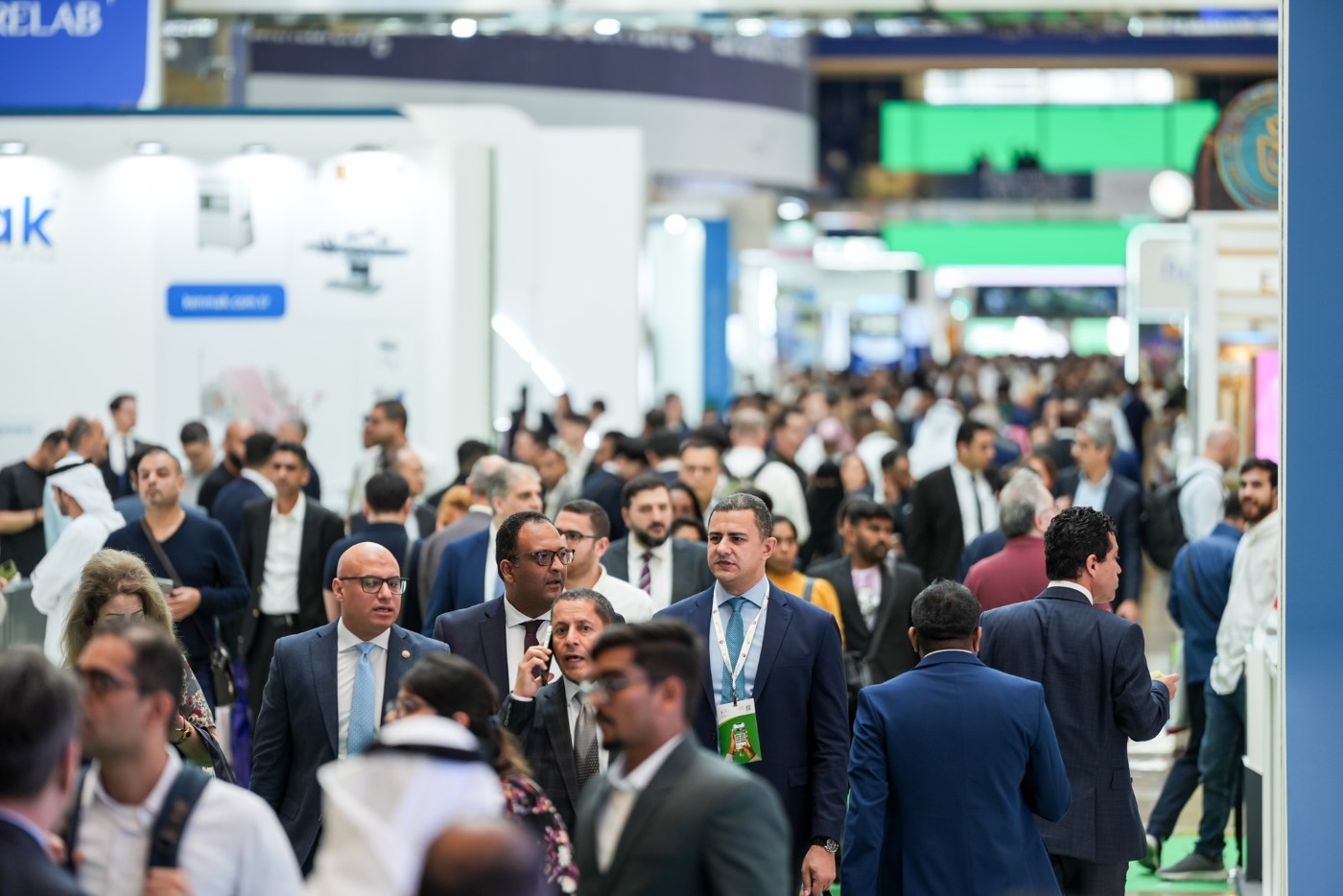
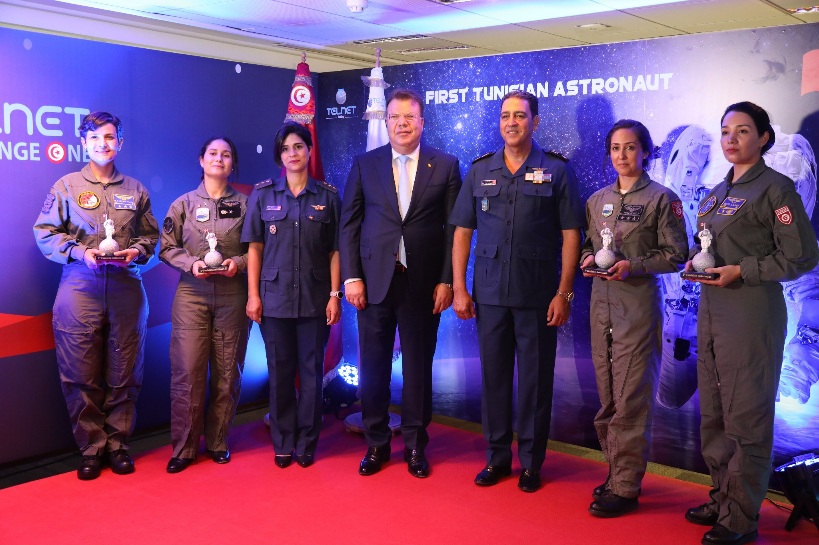

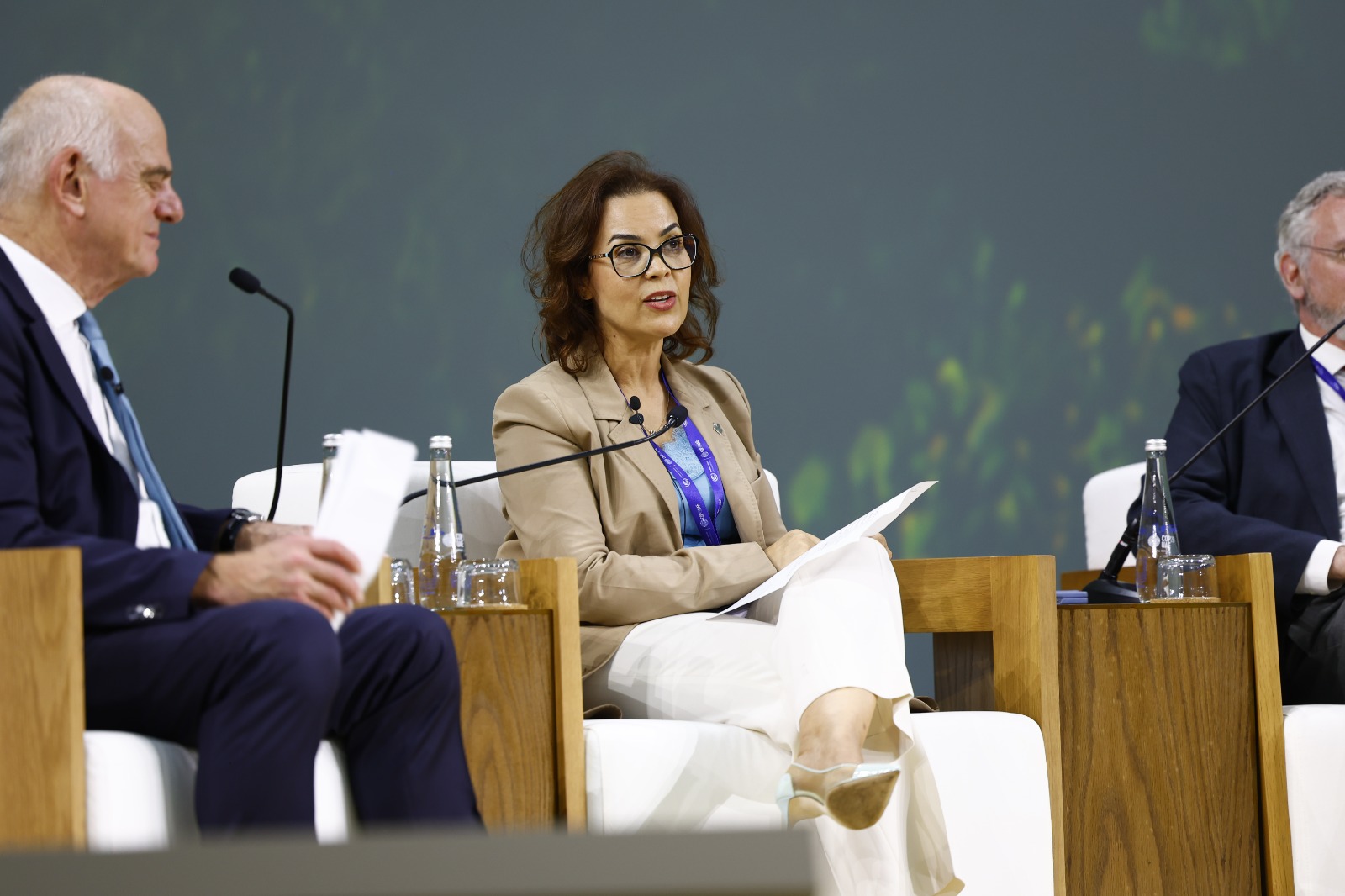

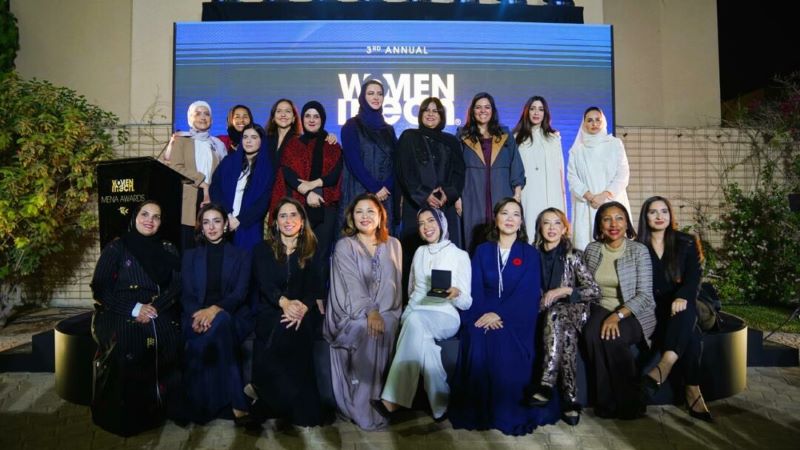
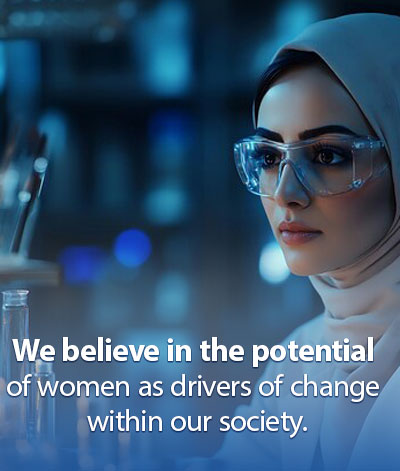



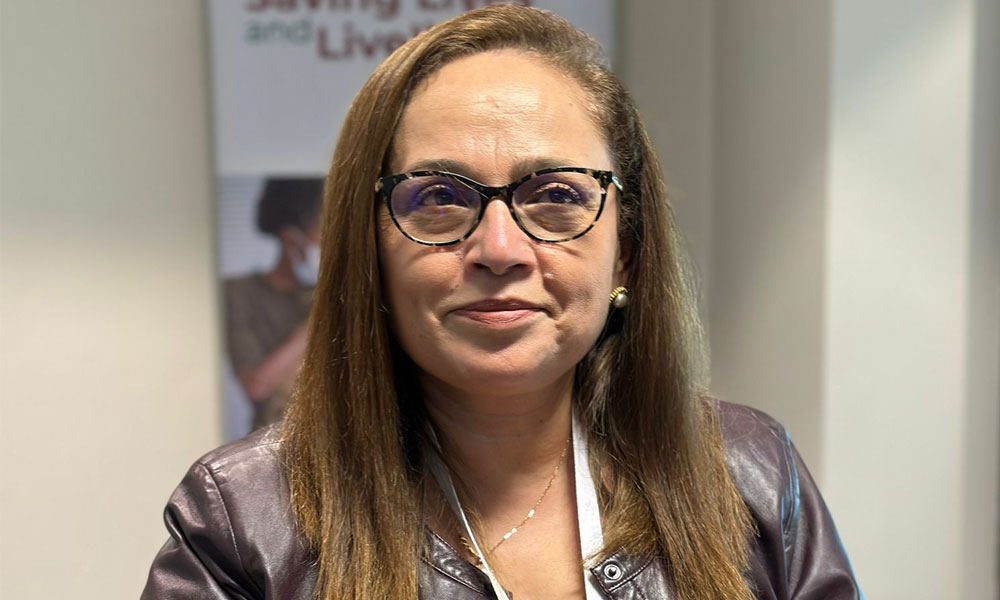
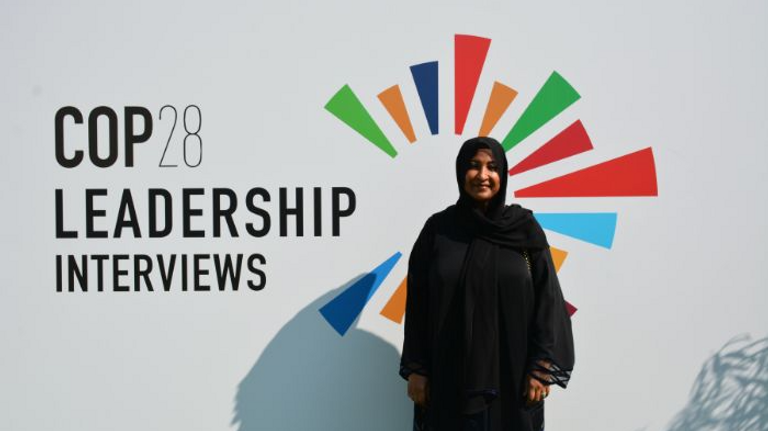
.jpg)
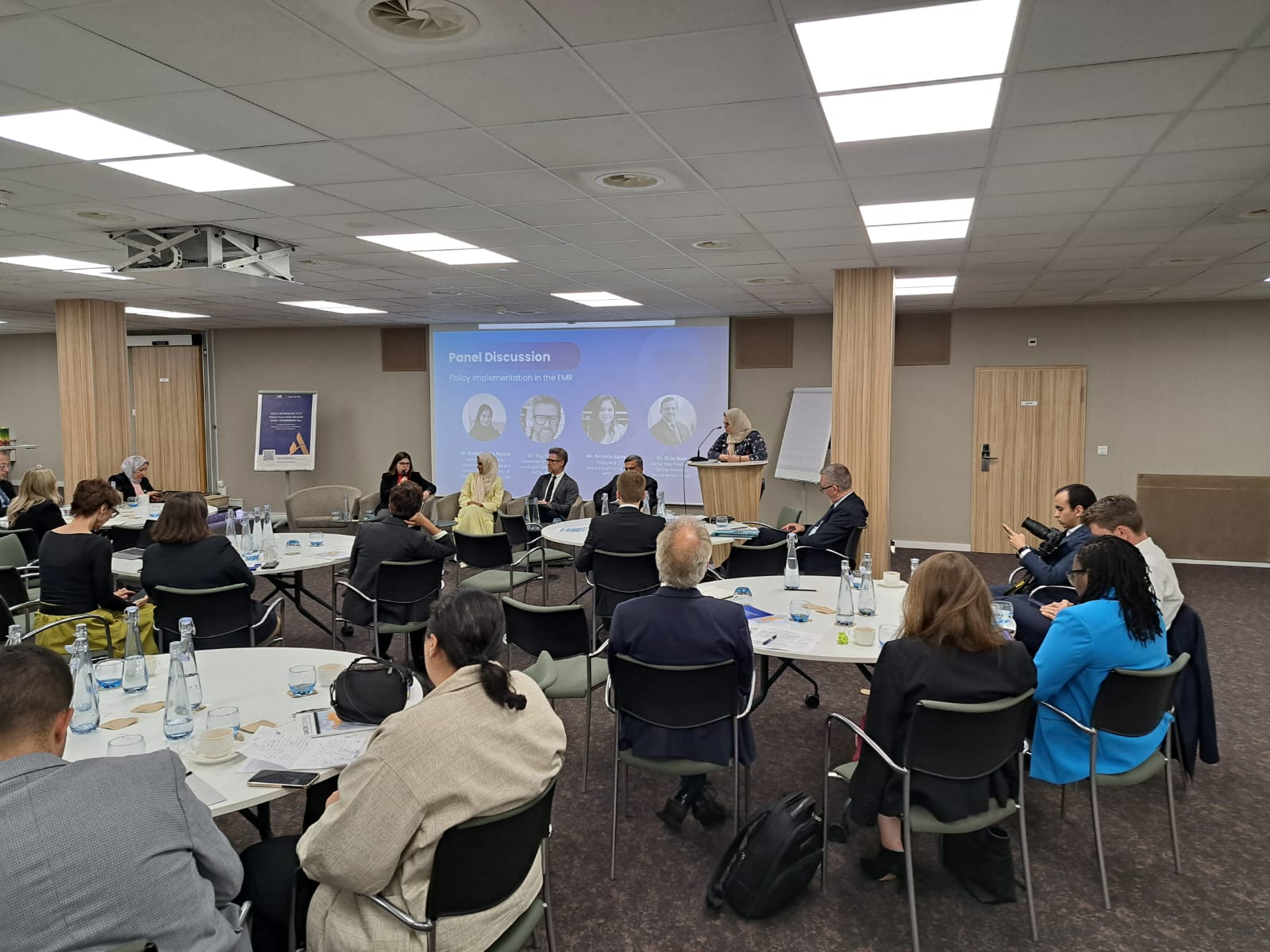


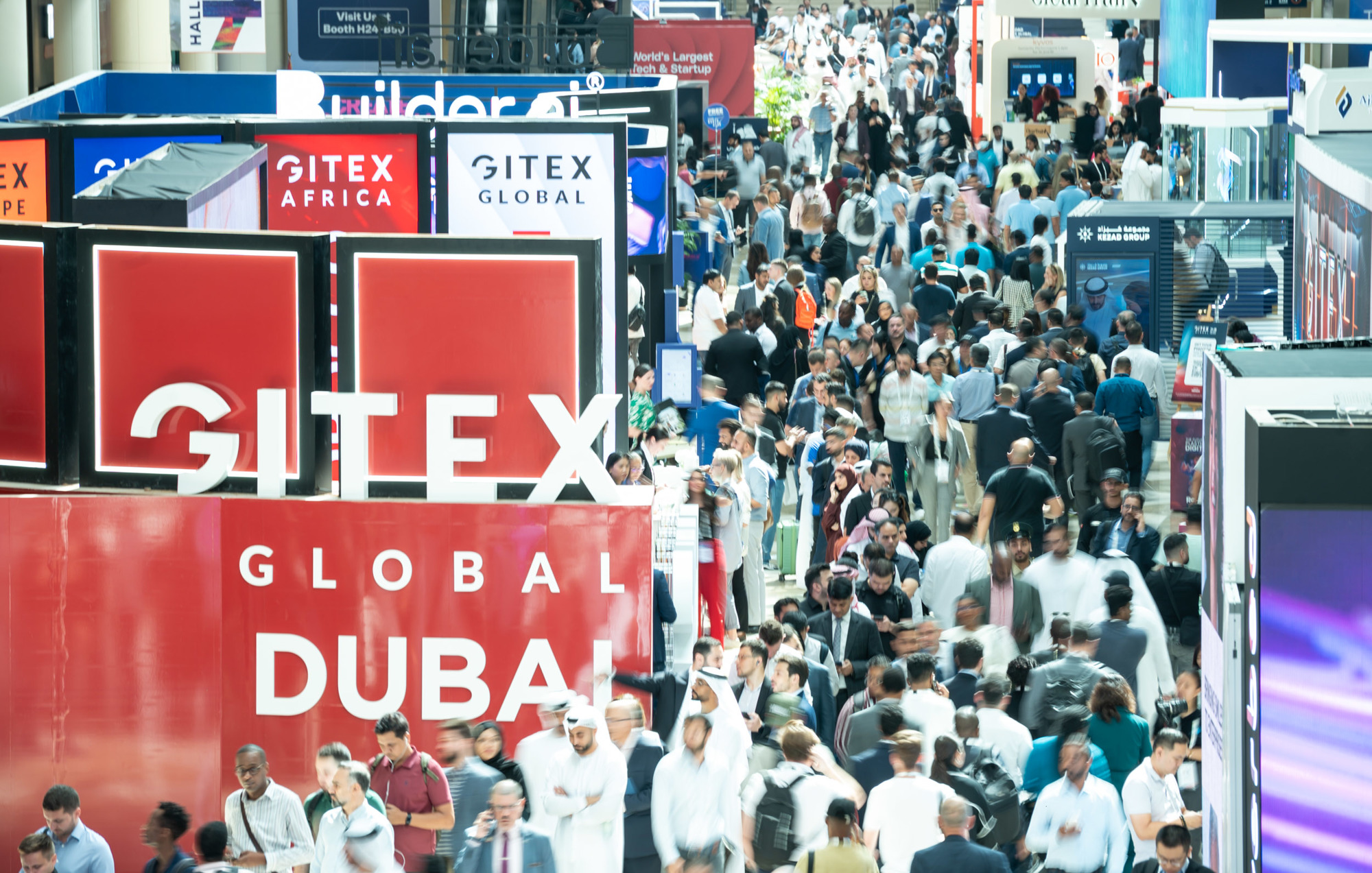

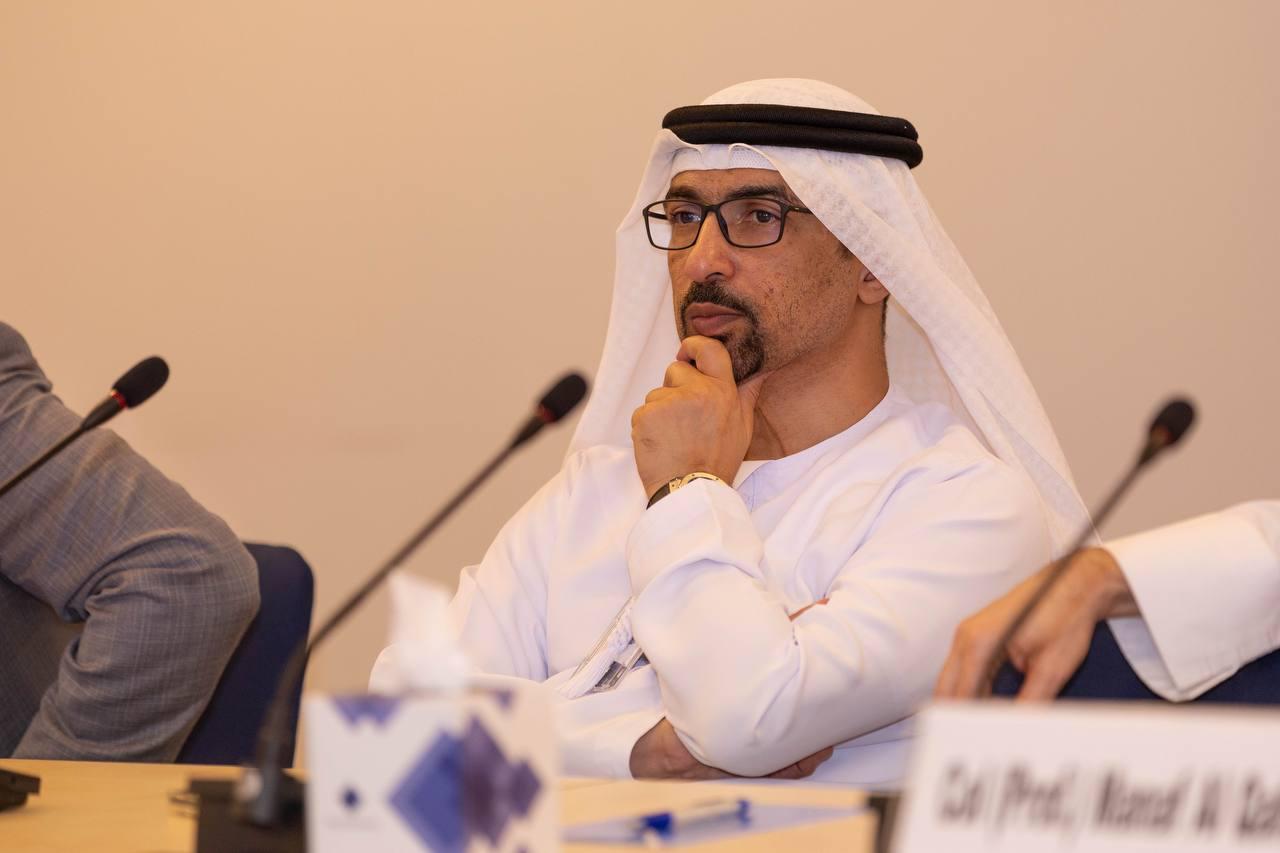
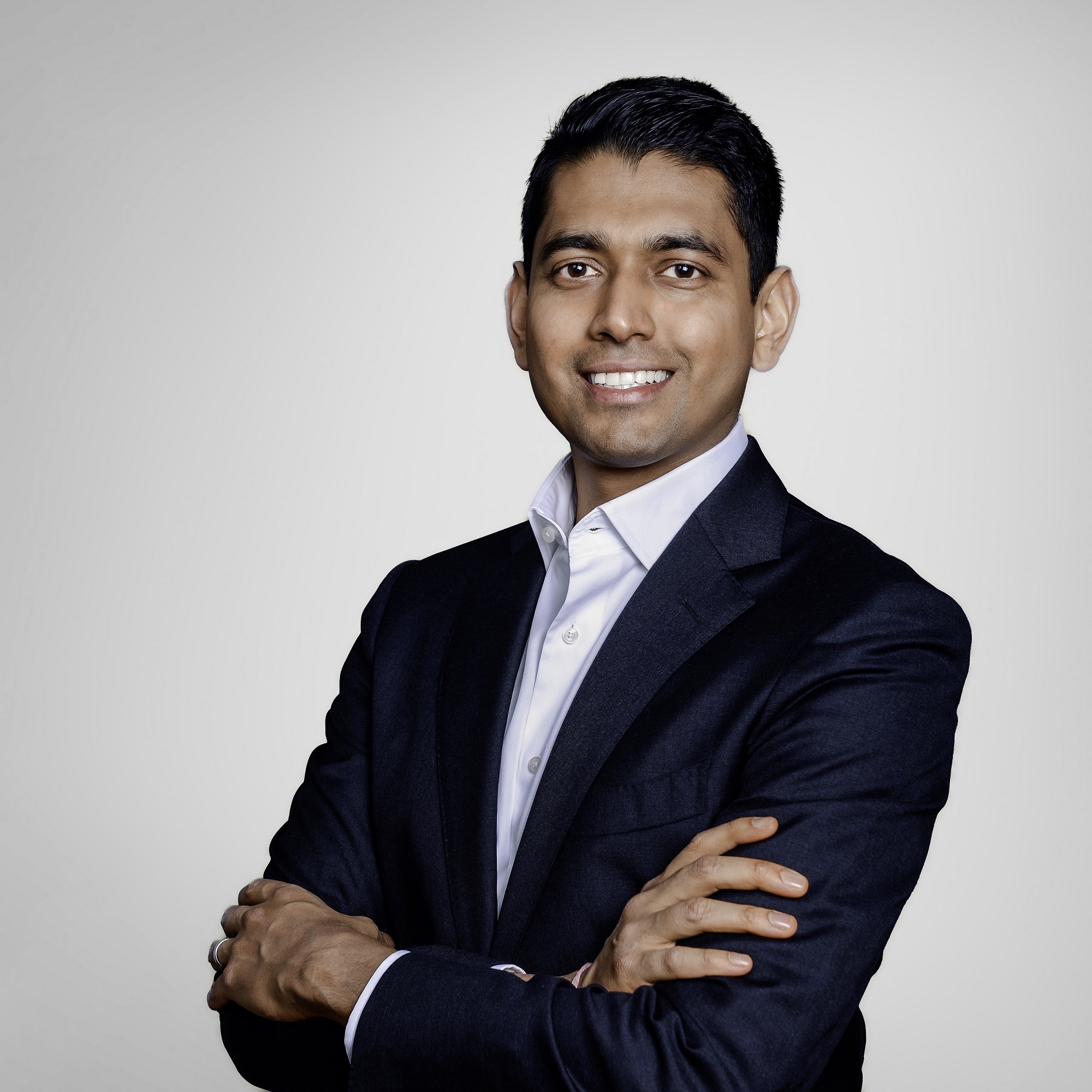
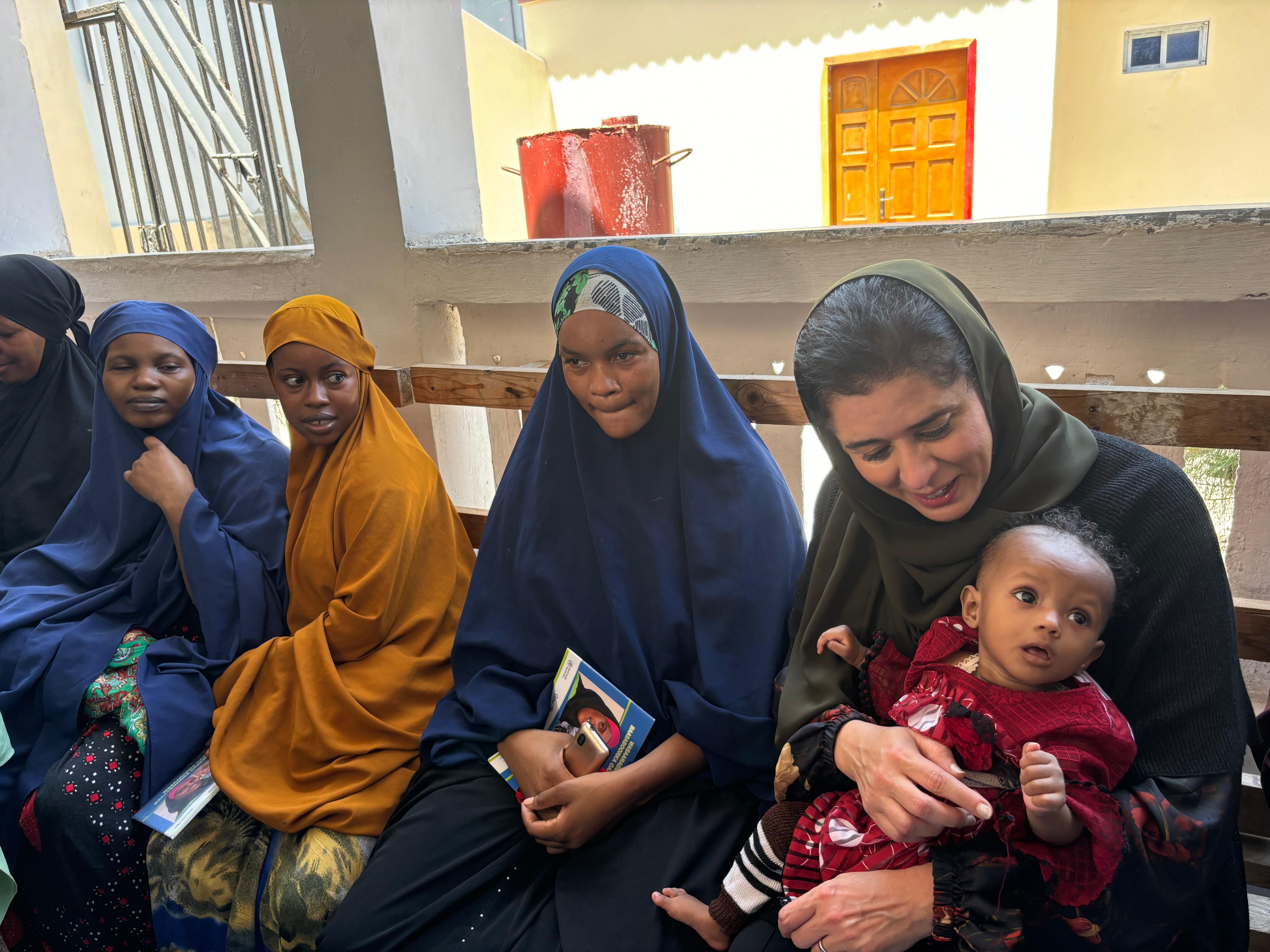
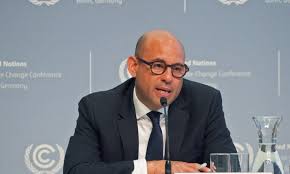

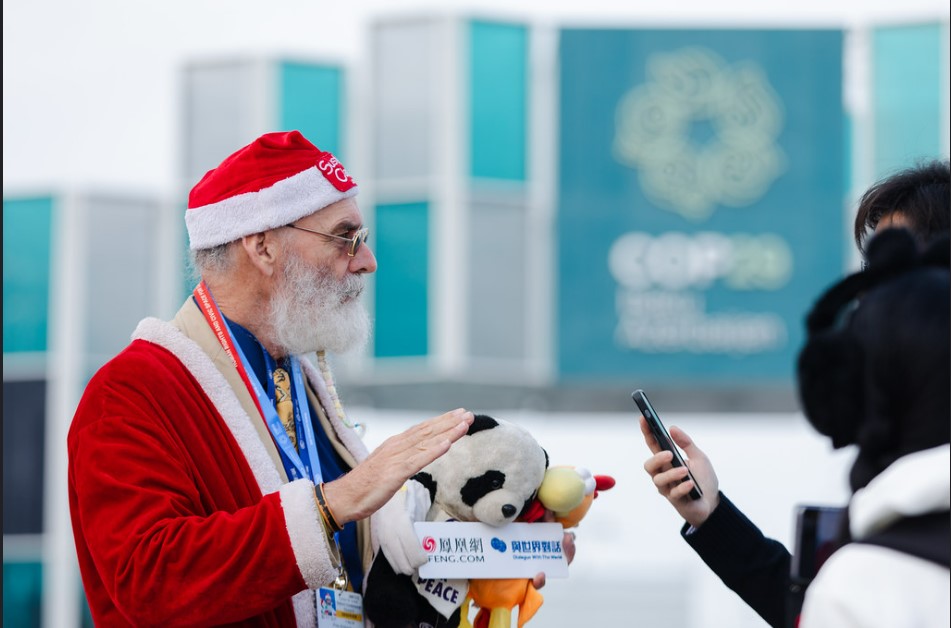
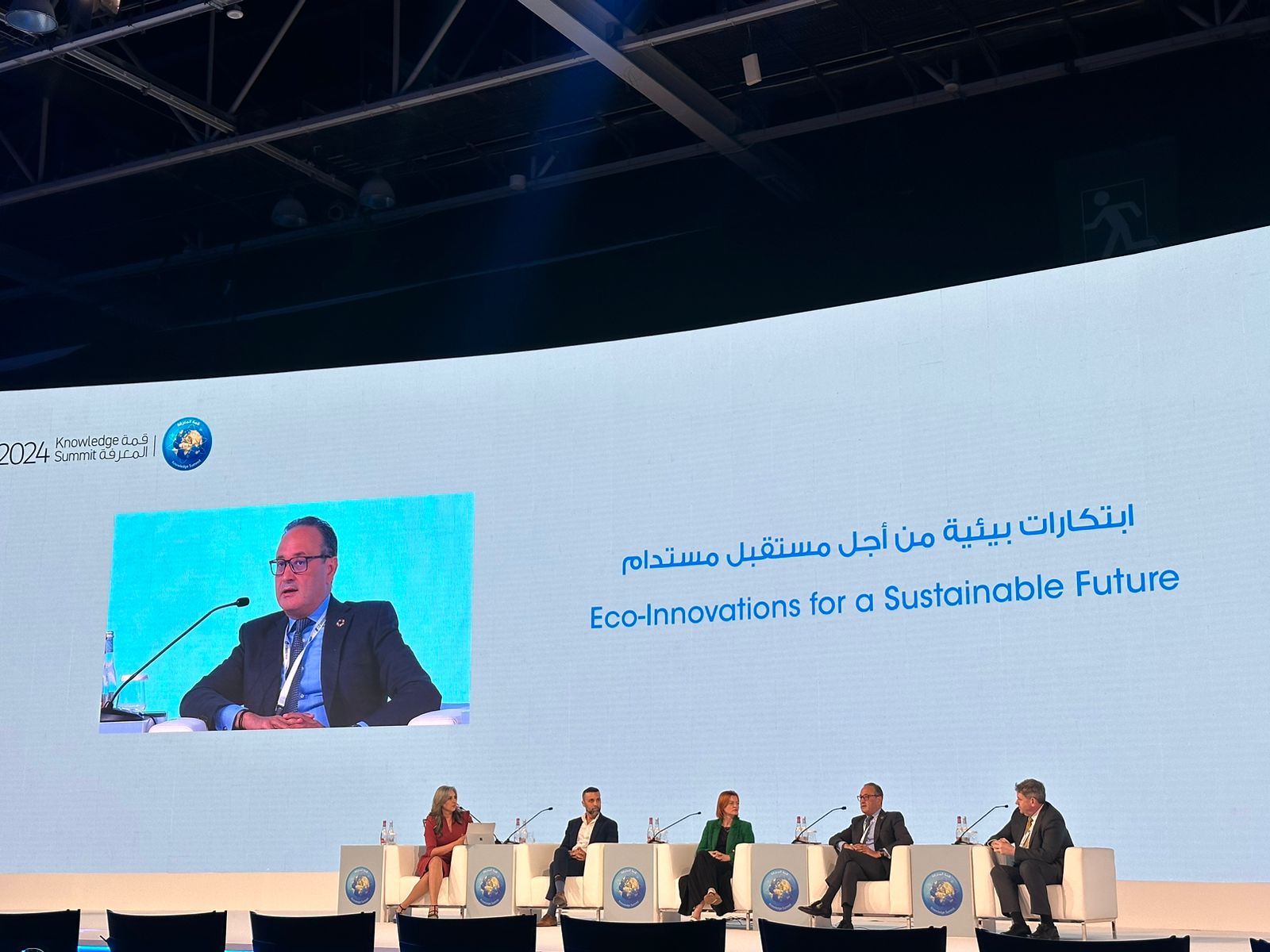
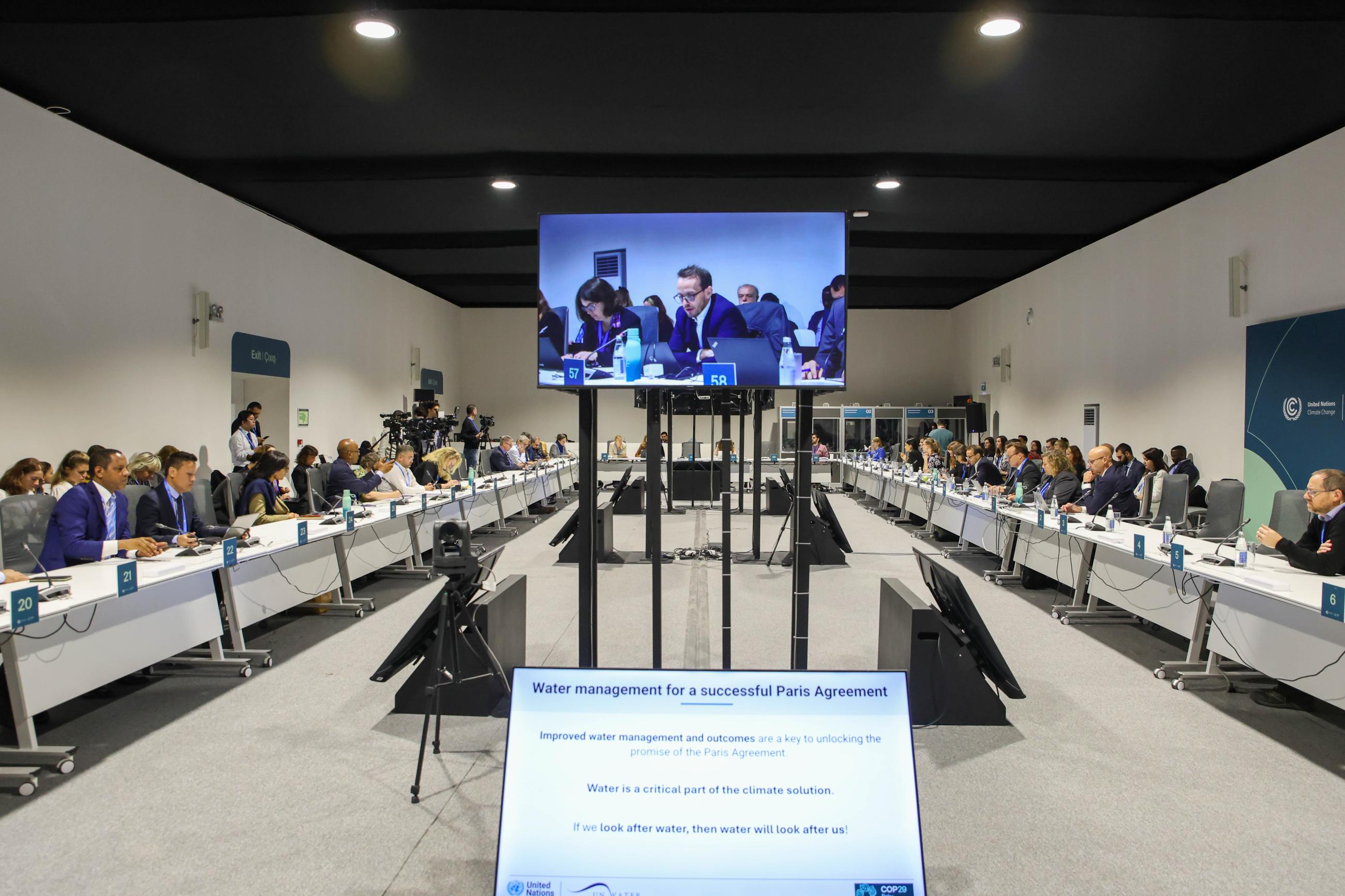
Add Comment